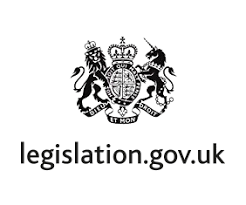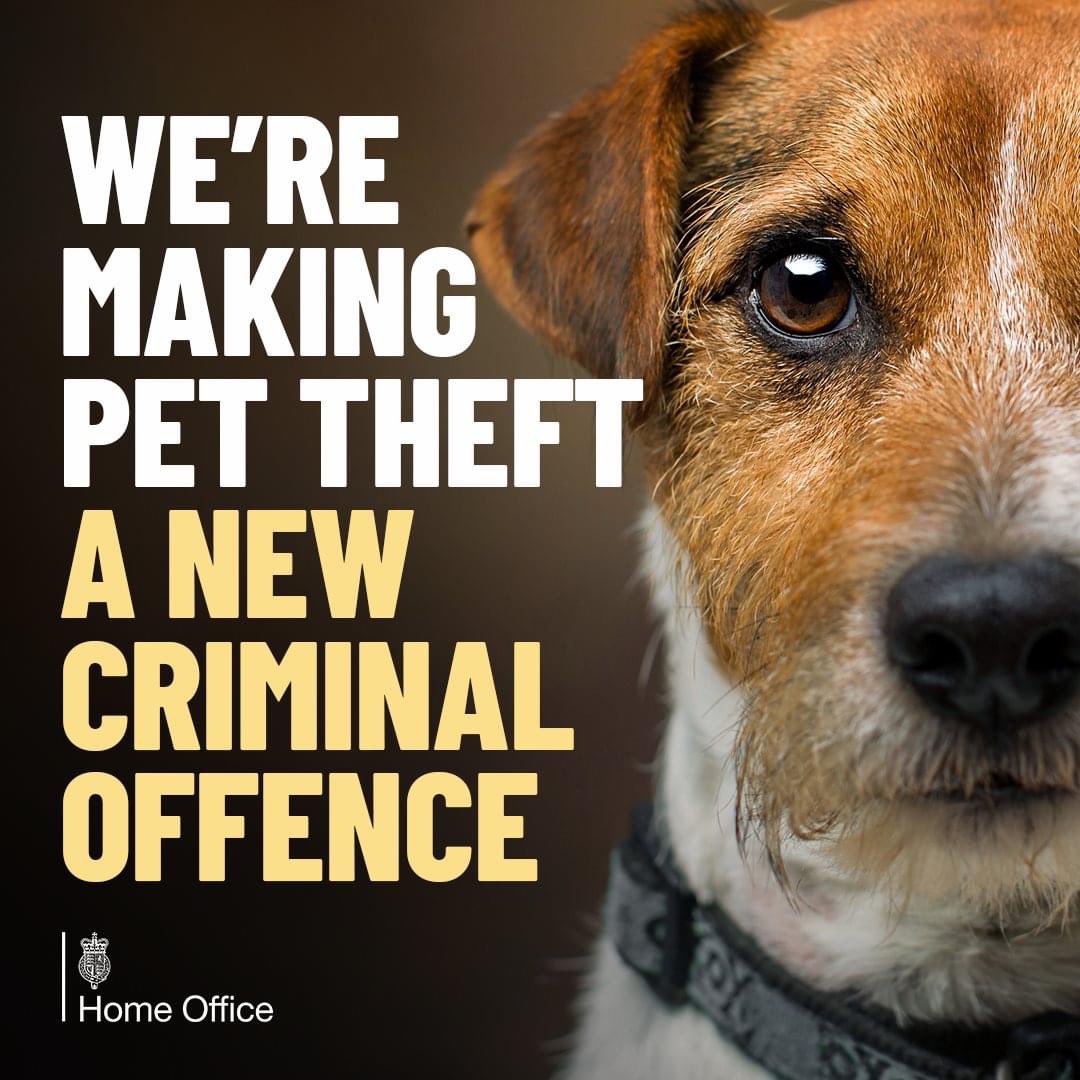For full details – visit https://www.gov.ie/en/publication/e5d55-xl-bully-ban-ireland/
From October 1st 2024, new regulations will prohibit the
importing, breeding, selling and re-homing of XL Bully type dogs.
From February 1st 2025, it will be illegal to own an XL
Bully type dog without a ‘Certificate of Exemption’ issued by the local
authority in which the dog resides.
XL Bully owners will have between October 1st 2024 and
(before) February 1st 2025 to apply for a Certificate of Exemption.
As a cross of restricted breeds, XL Bully type dogs are
subject to the existing additional controls.
This means when in a public place, these dogs must be
securely muzzled and kept on a strong chain or leash (maximum 2 metres in
length) by a person over 16 years of age who is capable of controlling the dog.
Need for change in ownership rules
New ownership rules are being introduced to protect public
safety following a number of attacks by XL Bully type dogs.
Similar measures have recently been announced in both the UK
and Northern Ireland.
How to prepare for new ownership rules:
Owners that wish to keep their XL Bully type dog must apply
for a Certificate of Exemption before 1st February 2025. The Certificate of
Exemption will allow them to keep their dog until the end of its natural life.
After the February 1st 2025 owners of an XL Bully type dog
that have a Certificate of Exemption must continue to meet the relevant
criteria required to obtain the Certificate of Exemption.
Certificate of Exemption:
This certificate will be unique to each XL Bully type dog
and owner. It will specify the dog’s licence details, microchip details,
neutering details, age and description. It will also specify the dog owner’s
name, address, date of birth and contact number.
A Certificate of Exemption is issued by the Local Authority
and authorises the owner of an XL Bully type dog to keep that dog at a
particular premises until the natural end of the dog’s life.
After February 1st 2025 all XL Bully type dog owners should
either be in possession of a Certificate of Exemption or have proof that they
applied for a Certificate of Exemption.
Owners may be required to present their Certificate of
Exemption to a Dog Warden within 10 Days of a request to do so.
Applying for a Certificate of Exemption:
Owners must apply to their local authority after October 1st
2024. This webpage will provide links to the relevant areas of all Local
Authority websites after October 1st 2024.
The completed form should be sent by post or email to the
relevant local authority.
The Local Authority will process the application and send
either:
A Certificate of Exemption,
A Letter of Refusal,
Request for further information
should the application be missing any relevant information.
No fee will be charged for a
Certificate of Exemption.
Documentation needed for a Certificate of Exemption
application:
The following documentation should be included with the
application;
1. Copy of valid dog licence;
2. Copy of microchipping
certificate for the dog;
3. Veterinary Confirmation of
Neutering Status Form (see below);
4. Photographic proof of identity
(copy of passport, drivers licence, public services card etc.); and
5. Proof of Address (copy of
utility bill or bank statement within previous 3 months etc.).
Neutering:
Owners must arrange to have their XL Bully type dog neutered
by a registered Veterinary Practitioner in order to receive a Certificate of
Exemption. Neutering of the XL Bully type dog must be carried out through
castration if it’s male or spaying if it’s female.
Once the dog has been neutered, owners must complete a
Veterinary Confirmation of Neutering Status Form .
This form must be countersigned by a vet and forwarded to
the Local Authority by post or email.
A Certificate of Exemption will not be granted until the
Veterinary Confirmation of Neutering Status Form has been received by the Local
Authority.
Owners will be able to submit a Veterinary Confirmation of
Neutering Status Form where their dog is determined by a vet to be medically
unfit for neutering.
Dog microchipping:
It is a legal requirement in Ireland to have all dogs
implanted with a microchip and registered on an approved database by the time
they are 12 weeks old.
For more information on micro-chipping and registration of
your dog, please consult this gov.ie page on a dog owner's legal
responsibilities.
If you're unsure if your dog is microchipped, ask your vet
to scan your dog for a Microchip.
Refusal of a Certificate of Exemption:
If an application for a Certificate of Exemption is refused
for any reason, the owner will be notified in writing by their local authority.
Such owners may re-apply, addressing the reasons for refusal.
If further applications are refused, and a certificate of
exemption is not in place before February 1st 2025, owners may be required to
surrender their dog to the Local Authority Dog Warden.
The seizure and detention of any dogs may involve both the
Dog Warden and An Garda Síochána.
Definition of an XL Bully type dog:
The XL Bully type dog is a variant of the wider American
Bully breed type. The XL Bully type dog is typically larger (both in terms of
height and body shape) and more muscular than other American Bully breed types
such as the ‘Micro’, ‘Pocket’, ‘Standard’ and ‘Classic’.
Owners should use the Physical Conformation Standard to
determine if their dog is an XL Bully type.
It is the owner’s responsibility to determine if their dog
is covered by the ban.
If owners think their dog could be an XL Bully type dog,
they should comply with all new requirements.
More information on the definition of an XL Bully type dog
is in the Technical Frequently Asked Questions document below. (See website for
info.)
Penalties for breaching the regulations:
Any owner found to be in breach of the regulations will have
committed an offence under the Control of Dogs Act 1986.
The dog may be seized and euthanized in a humane manner and
the owner will be subject to the penalties outlined in that Act:
A fine of up to €2,500, or imprisonment of a term of up to 3
months, or both.
XL Bully type dog owners living abroad
The regulation will provide for applications for
Certificates of Exemption after February 1st 2025 in exceptional circumstances
and on a case-by-case basis.
This will specifically facilitate any owner who wishes to
enter Ireland after a period abroad and is only for owners who can prove they
owned the dog prior to October 1st 2024.
Such evidence could include but is not limited
to; dog licence, certificate of exemption or microchipping details from other
jurisdictions, dog veterinary records, or a receipt of purchase.





















